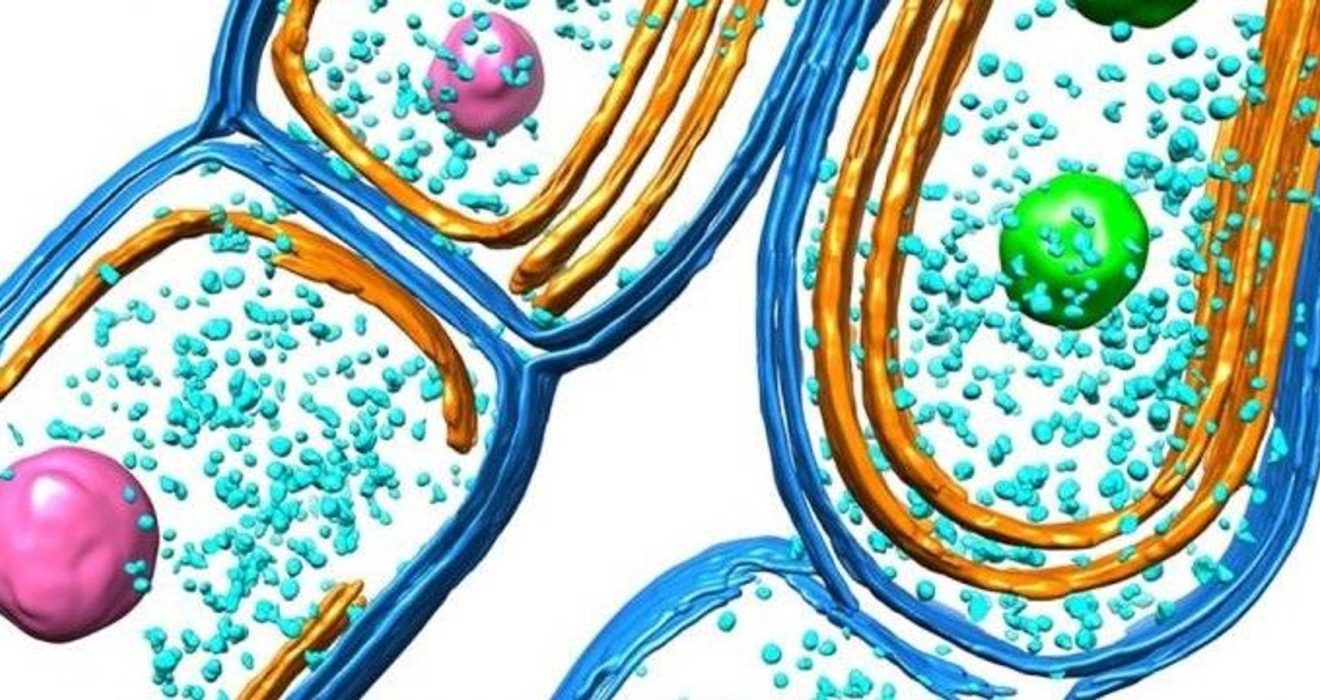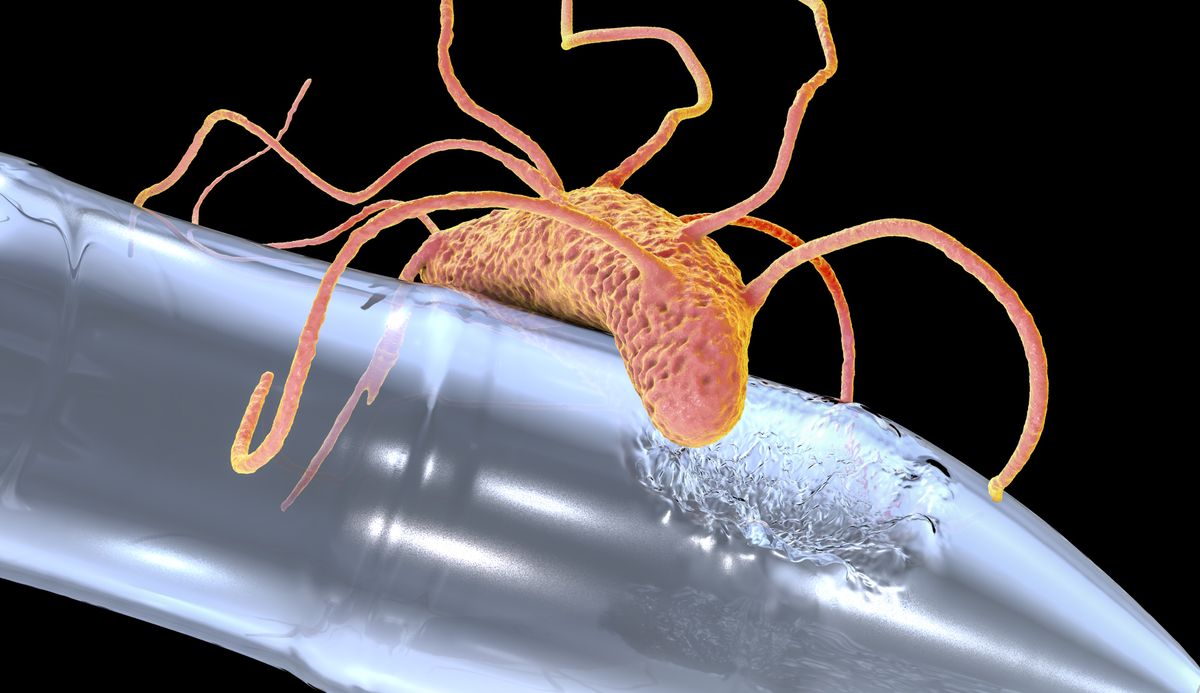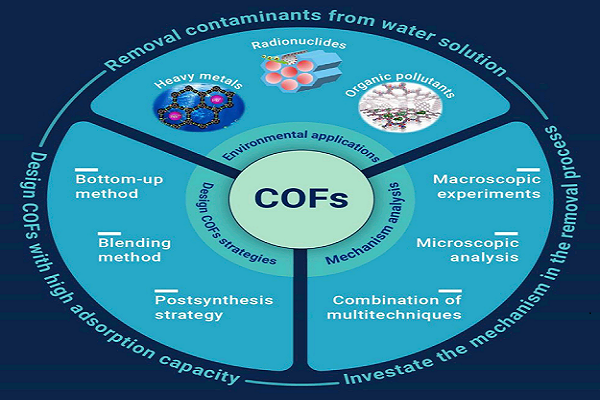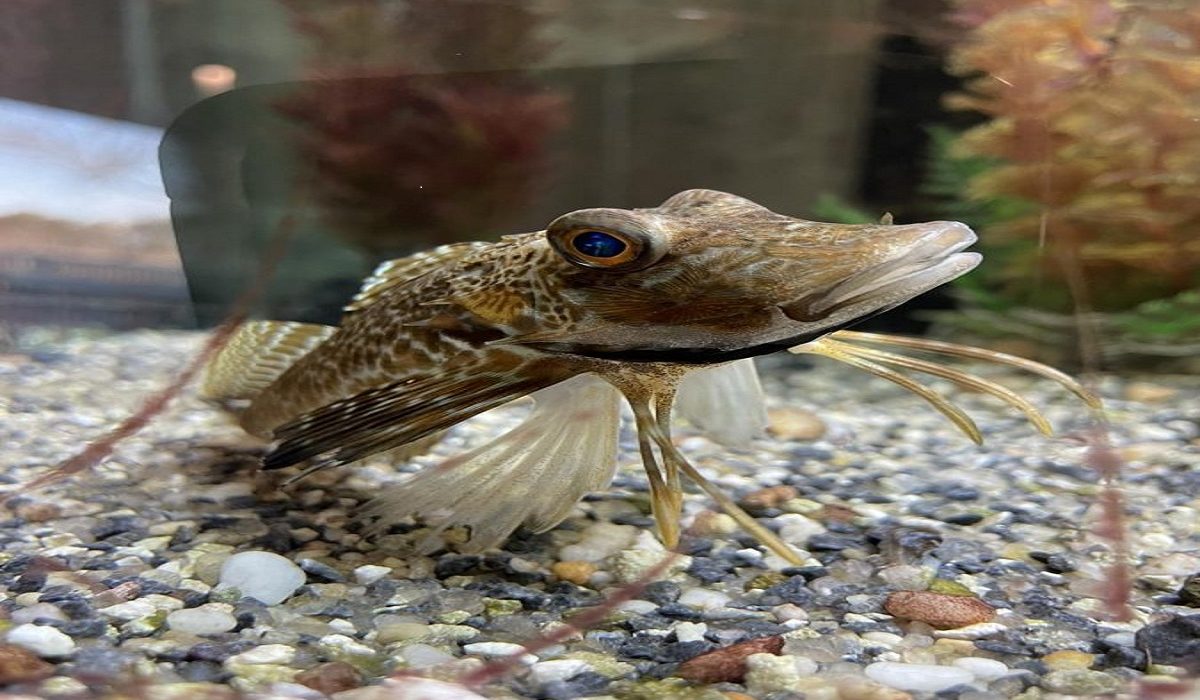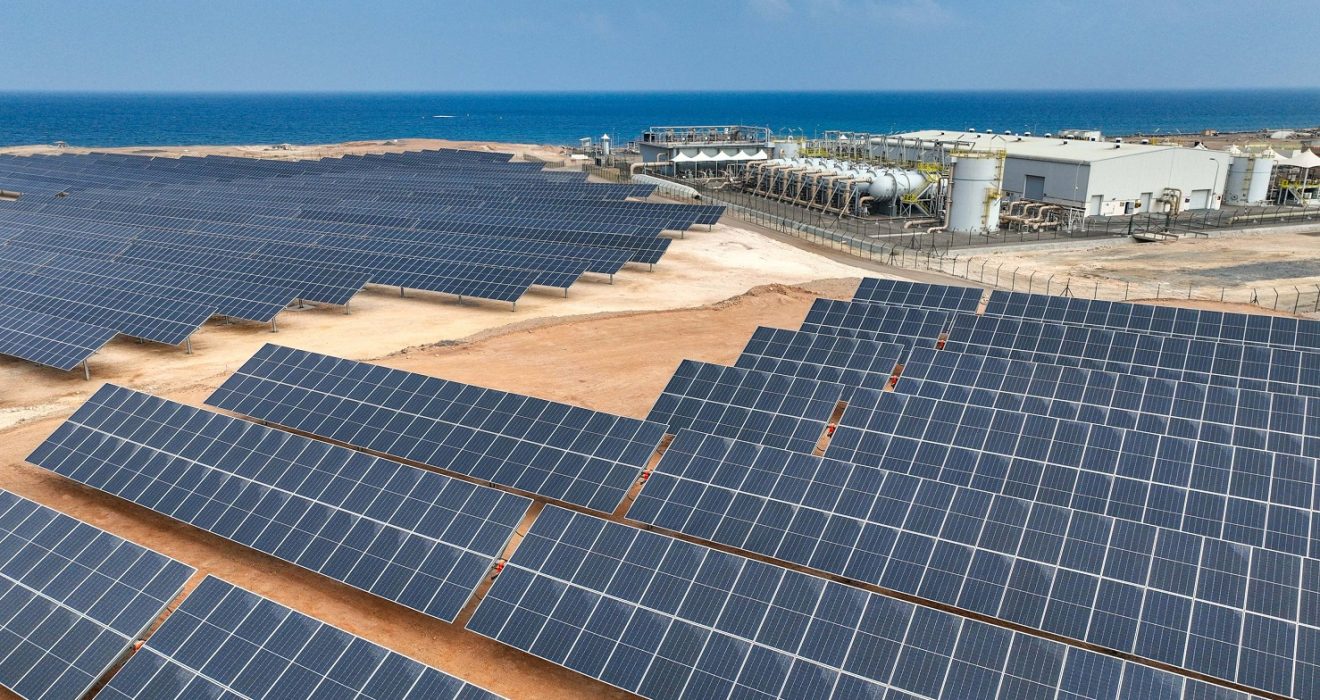The understanding of bacterial photosynthesis has advanced significantly because of the work of researchers from the University of Liverpool and their international partners. The complex structures of important photosynthetic protein complexes in purple bacteria. This revealed through the use of cutting-edge imaging techniques. This work could open the door for [...]
